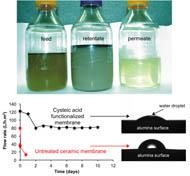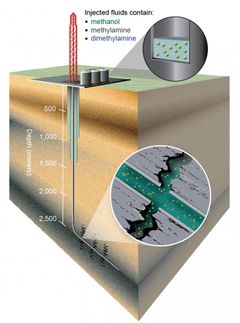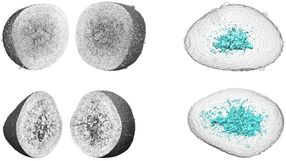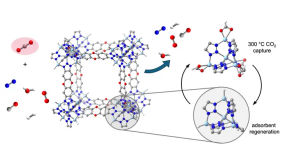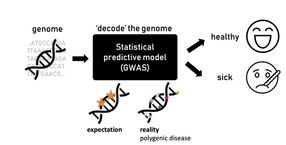Group of Bradford Co, Pa. residents concerned about health effects of hydrofracking
Residents living in areas near natural gas operations, also known as hydraulic fracturing, or fracking, are concerned their illnesses may be a result of nearby drilling operations. Twenty-two percent of the participants in a small pilot study surmise that hydrofracking may be the cause of such health concerns as sinus problems, sleeping difficulties, and gastrointestinal problems.
Scientists collected responses from 72 adults visiting a primary care physician's office in the hydrofracking-heavy area of Bradford County, Pa., who volunteered to complete an investigator-faciliated survey.
"Almost a quarter of participants consider natural gas operations to be a contributor to their health issues, indicating that there is clearly a concern among residents that should be addressed," says Pouné Saberi, MD, MPH, the study's principal investigator with the department of Occupational and Environmental Medicine at the Perelman School of Medicine, University of Pennsylvania. She is also an investigator with the Center of Excellence in Environmental Toxicology (CEET) at Penn.
Within these 22 percent of responders, 13 percent viewed drilling to be the cause of their current health complaints and 9 percent were concerned that future health problems can be caused by natural gas operations. The previous health complaints by participants were thought to be anecdotal in nature as they were individual cases reported publicly only by popular media.
"What is significant about this study is that the prevalence of impressions about medical symptoms attributed to natural gas operations had not been previously solicited in Pennsylvania. This survey indicates that there is a larger group of people with health concerns than originally assumed," explains Saberi.
The survey included questions about 29 health symptoms, including those previously anecdotally reported by other residents and workers in other areas where drilling occurs. Some patient medical records were also reviewed to compare reported symptoms with those that had been previously documented. "Sinus problems, sleeping difficulties, and gastrointestinal problems were the most common symptoms reported on the Bradford survey," notes Saberi. "Of the few studied charts, there were no one-to-one correlations between the participants' reported symptoms on the survey and the presenting symptom to the medical provider in the records. This raises the possibility of communication gaps between residents with concerns and the medical community and needs further exploration. An opportunity exists to educate shale region communities and workers to report, as well as health care providers to document, the attributed symptoms as precisely as possible."
The CEET team also mapped the addresses of patients who agreed to provide them in relation to drilling to determine if proximity to drilling operations may relate to health problems.
"We hope this pilot study will guide the development of future epidemiological studies to determine whether health effects in communities in which natural gas operations are occurring is associated with air, water, and food-shed exposures and will provide a basis for health care provider education," says CEET director Trevor Penning, PhD. "The goal of science should be to protect the public and the environment before harm occurs; not simply to treat it after the damage has been done."
Other news from the department science

Get the chemical industry in your inbox
From now on, don't miss a thing: Our newsletter for the chemical industry, analytics, lab technology and process engineering brings you up to date every Tuesday and Thursday. The latest industry news, product highlights and innovations - compact and easy to understand in your inbox. Researched by us so you don't have to.
